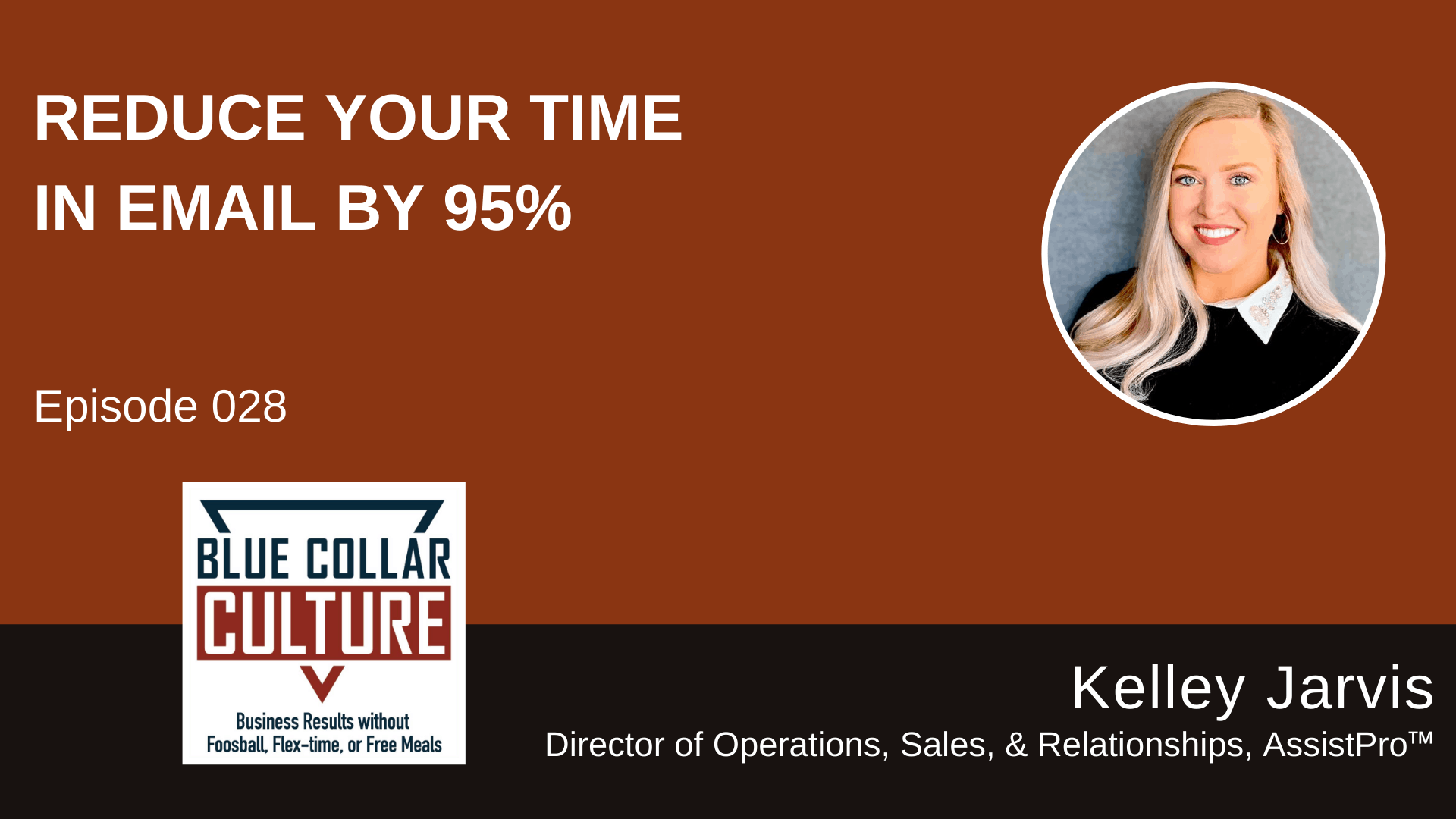Many entrepreneurs and business owners have realized the value of having a virtual assistant.
But there is still a stigma attached for some, says Kelley Jarvis, director of client success with AssistPro: that a VA isn’t as effective as having someone in-house… that they’re somehow separate from the rest of the team.
Kelley talks about why that’s a myth in our increasingly virtual world. Having a VA can be a seamless experience for you – and your clients – from day one.
We dig deep into this topic – one we’re passionate about because of our top-performing VA – shout out to Katie!
Tune in to find out…
- The #1 benefit to hiring a virtual assistant
- Dangers of not hiring a VA you probably didn’t realize
- The “matchmaking” process they use to make sure it’s a good fit
- Details on the onboarding process that helps new VAs hit the ground running
- And more
Listen now…
Mentioned in this episode:
- AssistPro’s Site
- Email Kelley for details on a $500 discount for our listeners

